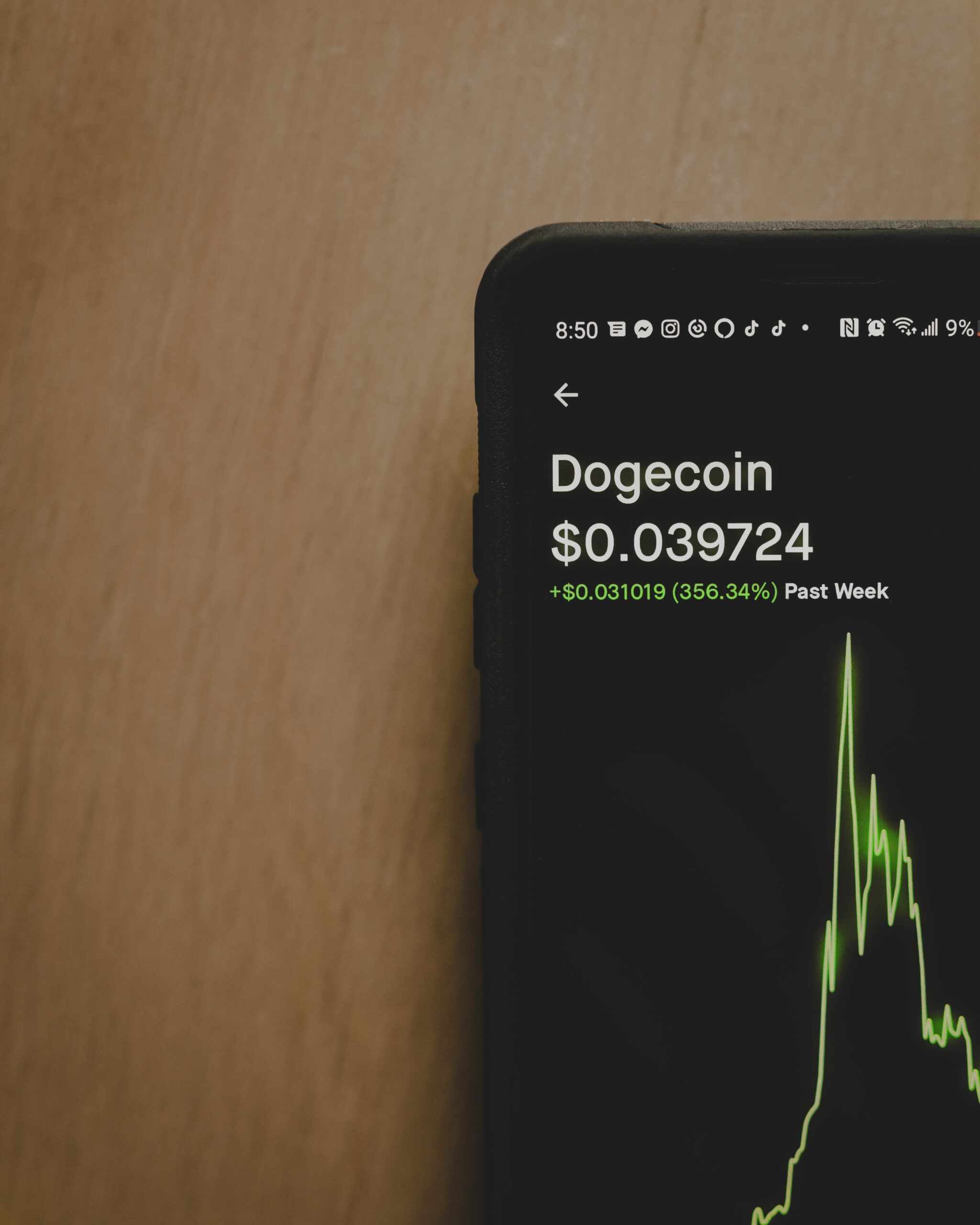Georg Kofler wanted to invest 200,000 euros in the headphone startup Deep One in the TV show "Die Höhle der Löwen". However, the lack of computer chips thwarted the deal.
In the end, investor Georg Kofler is enthusiastic about the tech device from the Munich start-up – and wants to invest.
RTL / Bernd-Michael Maurer
The worldwide crises don't stop at the gates of the Vox show "The Lion's Den". According to the founders, the deal between the investor Georg Kofler and the DHDL startup Deep One fell through due to the global chip shortage. “We were confronted with greatly increased delivery times for electronic components. Under these circumstances, the deal was dissolved by mutual consent," explained Stefan Stube, one of the three founders of the startup, at the request of Gründerszene.
The deal involved an investment of 200,000 euros for 25 percent of the shares in the Munich company Deep One. The startup produces audio devices designed to make music, films and games tangible. In this way, deaf people could also hear music again, Stube explained on the show. Users place the Deep One around their necks – like a neck pillow that you know from long journeys. The technology in the audio device then translates songs or noises into vibrations that users feel when they are wearing them – and should make tones and noises appear more intense.
These founders are behind Deep One
Frederik Podzuweit developed the idea for the Deep One while studying industrial design. He uploaded his first drafts of the device online and received positive feedback, he says. Together with Stube and his university professor Stefan Mittnik, Podzuweit further developed the product and founded the company in 2018. Now they presented their product at DHDL.
Stefan Mittnik, Frederik Podzuweit and Stefan Sube (from left) demand 200,000 euros from the lions for 10 percent of the shares in their company.
RTL / Bernd-Michael Maurer
Almost all the lions responded enthusiastically. "I'm fascinated by your product," said former Formula 1 World Champion Nico Rosberg. However, he shied away from an investment because the gaming market is not his area of expertise. The same applied to the rest of the judges.
Georg Kofler, who in comparison to all the other lions was initially not that enthusiastic about the audio device from Munich, finally wanted to invest. But not for ten percent of the shares, as the founders wanted. The team later offered him 16 percent, but the ex-ProSieben boss insisted on 25 percent of the company shares. "Otherwise I don't invest," he said.
Read too
In the show, the three founders accepted the offer. However, the deal didn't go through behind the scenes – due to the chip shortage, which apparently occupied Kofler at the time of recording. He should be right in his assessment that an investment in a tech company like Deep One would be risky, especially in these times of crisis: According to statements by Intel boss Pat Gelsinger, the chip shortage is expected to last until 2024.
Crowdfunding campaign also canceled
The DHDL startup has felt the consequences of the global crises, especially in the past few months: The start of production that had already been planned at the beginning of this year had to be canceled. "Since we didn't get any components, we had to order the project to be on hold," says Stube. The founders also had to postpone a planned crowdfunding campaign at the end of 2021. "Since we don't know at the moment when we can go into production."
Read too
For Kofler it is the second deal in this season of "Die Höhle der Löwen". Most recently, the joint investment with Carsten Maschmeyer in the Chaanz dating app failed. Officially, the reason was that the ideas of the founding team and the investors diverged. Unofficially it was said that the financial risk was too high and the sales forecasts were not realistic.
External content not available
Your privacy settings prevent the loading and display of all external content (e.g. graphics or tables) and social networks (e.g. Youtube, Twitter, Facebook, Instagram etc.)
To view, please enable the settings for social networks and external content in the privacy settings.



